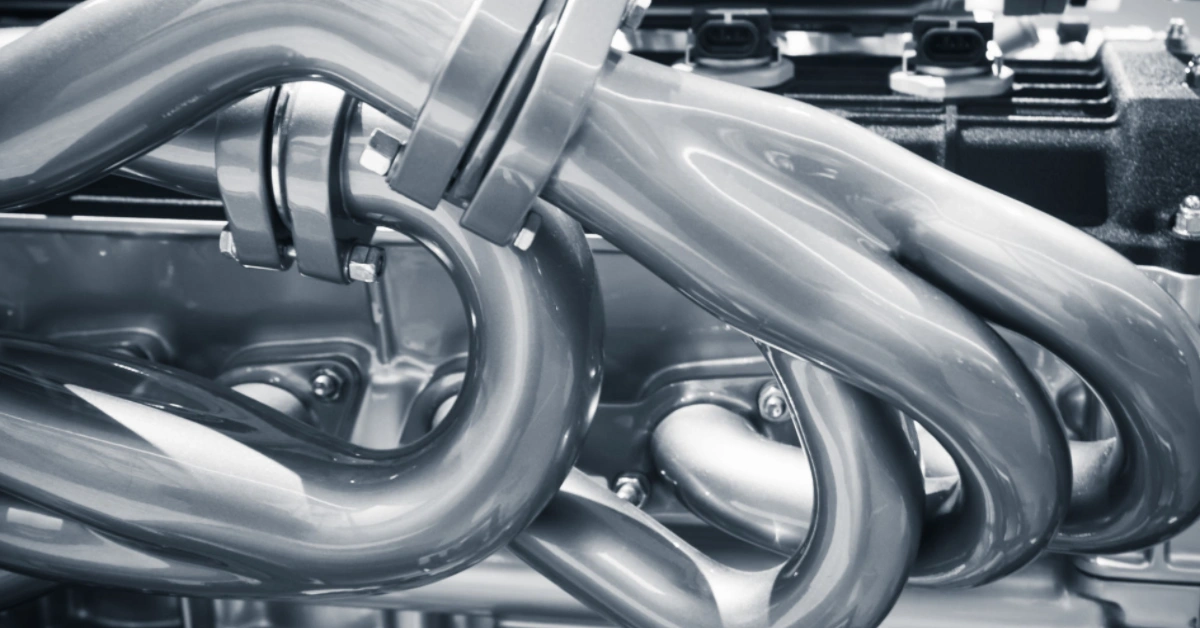In a groundbreaking achievement that marks a new chapter in the evolution of high-performance engines, AVL RACETECH has introduced a 400-horsepower hydrogen combustion engine that could revolutionize the future of motorsports. This remarkable engine not only offers an impressive 400 HP output but also tackles major challenges such as preignition, commonly faced in hydrogen-powered vehicles, through innovative water injection technology. With a powerful 6,500 RPM, this engine is now positioned as a potential game-changer for both the automotive and racing industries.
Table of Contents
The Problem of Preignition in Hydrogen Engines and How Water Injection Solves It
Hydrogen has long been recognized as a clean alternative to fossil fuels due to its zero-emission combustion, leaving only water vapor as a byproduct. However, its highly reactive nature poses a significant problem: preignition. This phenomenon occurs when hydrogen combusts prematurely in the combustion chamber, creating dangerously high cylinder pressures that could damage the engine.
To address this issue, AVL RACETECH has incorporated water injection technology into its hydrogen combustion engine. Water injection cools the combustion chamber, preventing preignition by absorbing excess heat and reducing the risk of unwanted early combustion. This innovation allows the engine to operate at higher performance levels—delivering 400 horsepower—without compromising engine stability or safety.
Water injection not only controls combustion but also enhances overall power and torque output, making the engine suitable for high-performance applications like motorsports. Thanks to this technology, the engine runs smoothly, delivering both power and efficiency in a clean and sustainable manner.
Harnessing Hydrogen Power for Motorsports: AVL’s Cutting-Edge Engineering
The AVL RACETECH hydrogen combustion engine is designed with motorsports in mind, where power and performance are crucial. Capable of reaching 6,500 RPM, the engine’s 400-horsepower output places it on par with conventional racing engines. The use of hydrogen as a fuel source in motorsports is an ambitious leap forward, aiming to combine the excitement of racing with the growing demand for sustainability.
High-power applications have traditionally been a challenge for gaseous fuels like hydrogen. This necessitated the development of highly accurate injectors capable of delivering precise amounts of hydrogen under intense pressure. AVL’s advanced injector technologies have enabled the company to overcome these obstacles, ensuring that the engine delivers high torque and power while maintaining the efficiency and accuracy needed for racing applications.
This advancement could lead to a future where hydrogen-powered engines become a staple in racing events, including high-profile competitions like the Le Mans. By 2027, hydrogen classes may be introduced at Le Mans, signaling a shift toward more sustainable racing practices. AVL RACETECH’s work may pave the way for hydrogen combustion to be a common sight in the racing world, creating a cleaner, greener future for motorsports.
The Challenges of Hydrogen Power and the Green Future of Motorsport
Despite the promising potential of hydrogen engines, challenges remain. These include fuel storage, managing the precise flow of hydrogen, and ensuring consistent combustion control. Nevertheless, AVL RACETECH has made significant strides in overcoming these technical barriers, leading the charge for a more sustainable future in high-performance racing.
In addition to the technical innovations, the transition to hydrogen power aligns with the growing environmental focus within the motorsports industry. As sponsors, teams, and fans increasingly demand sustainable technologies, hydrogen combustion engines offer a promising solution that delivers both high performance and environmental responsibility.
The shift to hydrogen also opens up new avenues for sponsorships and funding, as companies and organizations invested in green technology begin to support motorsport teams adopting these technologies. This could lead to a broader, more diverse audience for motorsports, further securing the sport’s future in a changing world.
The Road Ahead: Hydrogen Power for Commercial and Heavy-Duty Vehicles
While motorsport is an exciting proving ground for cutting-edge technologies, hydrogen combustion engines are also poised to impact other areas of transportation. From commercial vehicles to sports cars and even heavy transportation, hydrogen-powered engines may offer a viable alternative to fossil fuels. The combination of water injection and hydrogen combustion could provide a clean, efficient solution to the challenges of powering vehicles without the environmental costs of traditional fuels.
In conclusion, AVL RACETECH’s 400-horsepower hydrogen combustion engine is a monumental achievement in the pursuit of sustainable powertrain technologies. With its innovative water injection system and the potential for high-performance applications in motorsports, this engine is setting the stage for a greener future in automotive engineering. As racing continues to evolve, hydrogen combustion technology could serve as a crucial step toward a future where sustainability and performance go hand in hand.

5 thoughts on “Revolutionizing Motorsport: The Breakthrough 400 HP Water-Injected Hydrogen Engine and Its Role in Sustainable Racing”